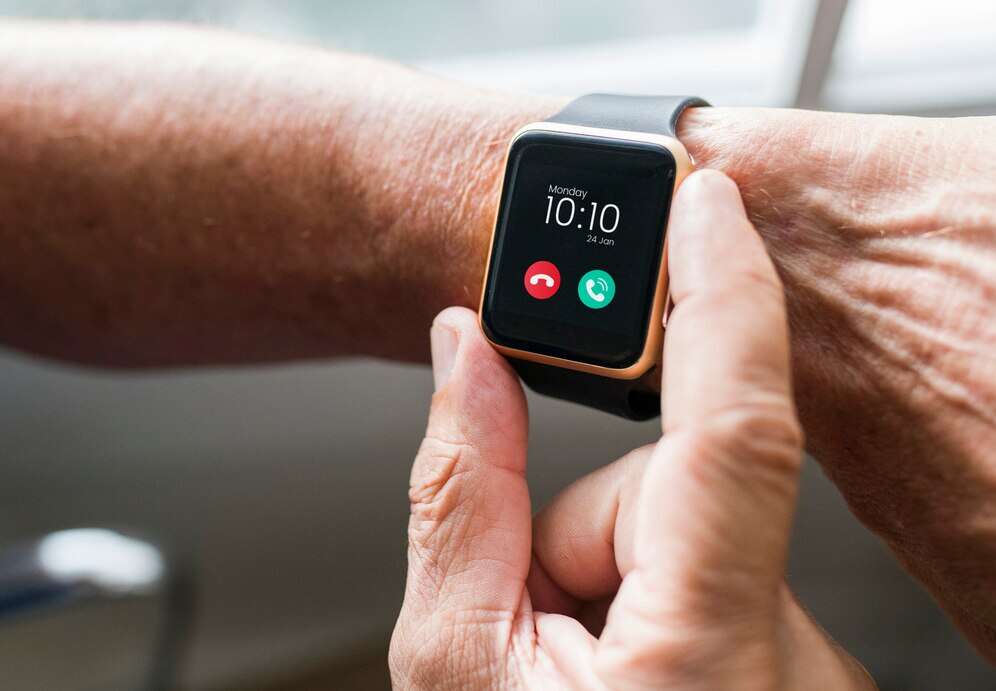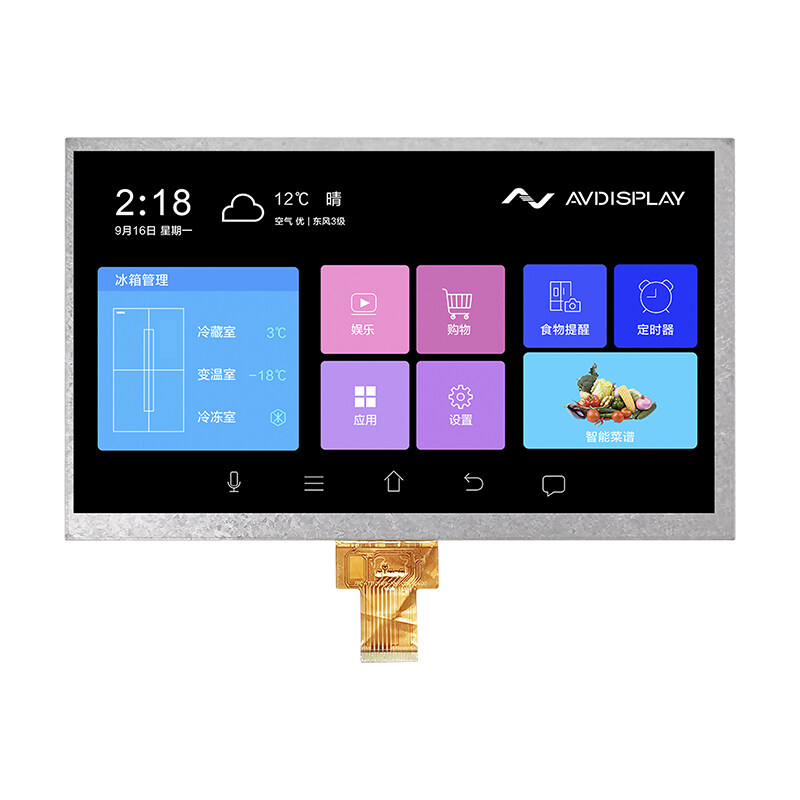Email format error
Email cannot be empty
Email already exists
6-20 characters(letters plus numbers only)
The password is inconsistent
Email format error
Email cannot be empty
Email does not exist
6-20 characters(letters plus numbers only)
The password is inconsistent


In a world where digital interfaces are becoming increasingly integral to our daily lives, the role of OEM touchscreen technology cannot be overstated. From smartphones to industrial control panels, these versatile displays are redefining user interaction. Whether you're a tech giant or a small business looking to integrate advanced display solutions, understanding the nuances of OEM touch screen technology is crucial. Let's explore what makes OEM touch screens a preferred choice and how they cater to diverse applications.
What Are OEM Touch Screens?
OEM touch screens, or Original Equipment Manufacturer touch screens, are custom-designed displays that are integrated into devices by the manufacturer itself or in collaboration with a third-party supplier. These screens are tailored to meet specific requirements, offering a seamless user experience and precise functionality.
Customization and Integration One of the key advantages of OEM touchscreens is their customization potential. They can be designed to fit various form factors, resolutions, and functionalities, making them suitable for a wide range of applications from consumer electronics to industrial equipment.
Enhanced User Experience
OEM touch screens offer a user-friendly interface that enhances the overall user experience. They provide intuitive navigation and interactive features, which are essential in today's technology-driven world.
Cost-Effective Solutions
By opting for OEM touch screens, companies can save on development costs as these displays are designed and manufactured to specific requirements, reducing the need for additional modifications or customizations.
Quality and Performance
OEM touch screens are known for their high-quality standards and performance. They are built to withstand various environmental conditions, making them a reliable choice for both indoor and outdoor applications.

Industrial and Commercial Use
In industrial settings, OEM touch screens are used in control panels, digital signage, and interactive kiosks. Their durability and responsiveness make them ideal for heavy-duty use and constant interaction.
Consumer Electronics
In the consumer market, OEM touch screens are ubiquitous in smartphones, tablets, and laptops. They offer high-resolution displays and multi-touch capabilities, enhancing the user interface and overall performance.
Rising Demand for Touch Screen Technology
The market for OEM touch screens is experiencing significant growth due to the increasing adoption of smart homes, IoT devices, and flexible displays. This trend is expected to continue, with the market size forecasted to increase by USD 17.23 billion at a CAGR of 5.26% between 2023 and 2028.
Innovations in Touch Screen Technology
Advancements in OEM touch screens are driven by the integration of AI, gesture recognition, and predictive analytics. These innovations enhance the functionality and user experience of touch displays.
Production Costs
One of the major challenges in the OEM touch screen market is the high cost of production. Manufacturers are investing in research and development to reduce these costs and improve the efficiency of the technology.
Compatibility and Integration
Ensuring compatibility with various operating systems and hardware is another challenge. OEM touch screens must be designed to integrate seamlessly with different devices and software platforms.
OEM touch screens are a cornerstone of modern technology, offering customization, enhanced user experience, and robust performance. As the market continues to grow, driven by technological advancements and increasing demand, OEM touch screens will remain at the forefront of innovation. For businesses looking to integrate advanced display solutions into their products, choosing the right OEM touch screen can be a game-changer. It's about more than just having a touch screen—it's about having the right touch screen that meets specific needs and exceeds user expectations.